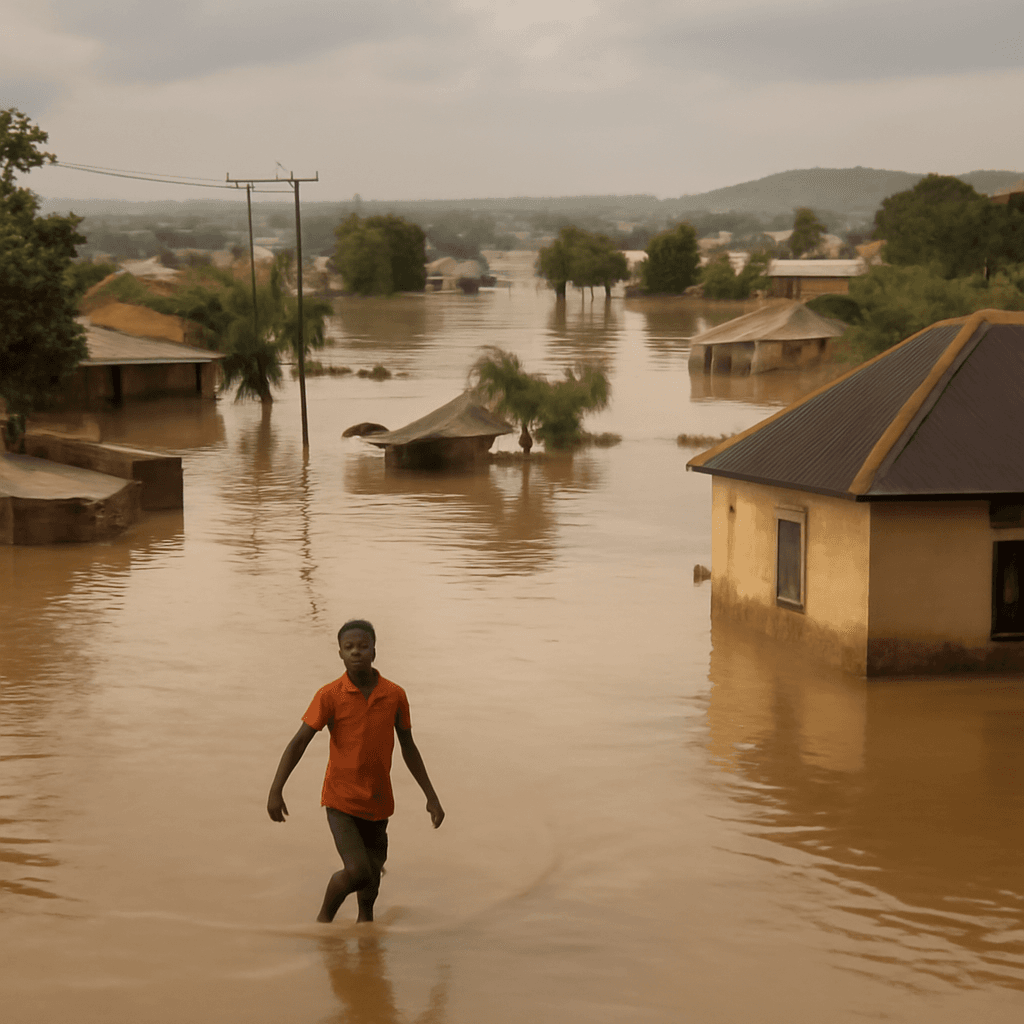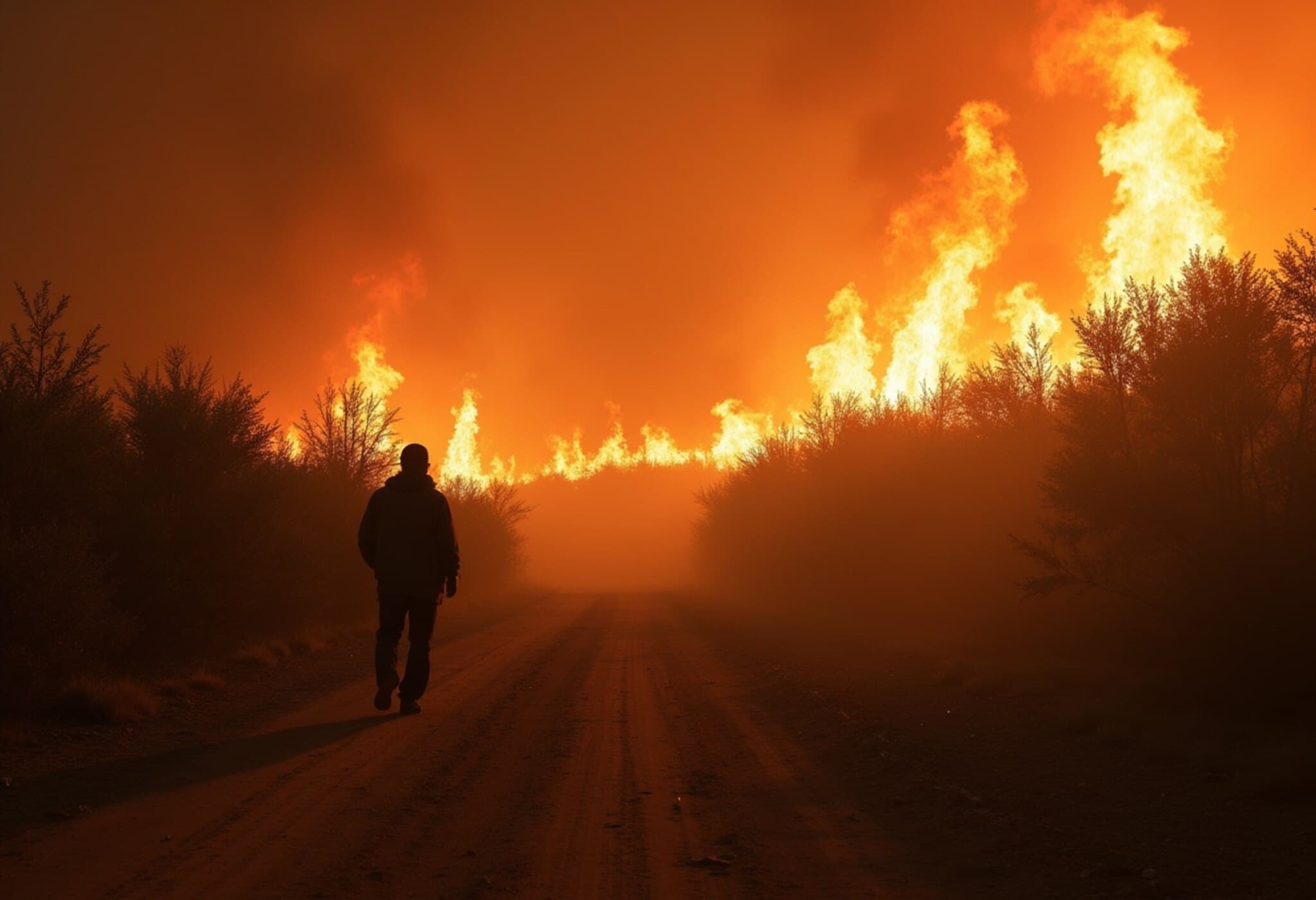Widespread Flooding Devastates Nigeria
Severe flooding across Nigeria has resulted in nearly 200 deaths and has impacted approximately 30 out of the country's 36 states. The National Emergency Management Agency (NEMA) reports extensive damage and displacement, with the town of Mokwa in Niger State bearing the brunt of the disaster.
Impact on Niger State and Mokwa
Mokwa, a significant agricultural and transportation hub in central Nigeria, has been severely affected by the floods that began in late May. According to NEMA, over 3,000 residents have been impacted, nearly 2,000 displaced, and 98 individuals remain missing. The floods have caused widespread destruction to farmland, homes, roads, and bridges in the area.
Economic and Supply Chain Disruptions
The flooding has substantially disrupted trade routes connecting southern Nigeria to northern food-producing regions, exacerbating existing vulnerabilities in the national food supply chain. The strategic importance of Mokwa in regional commerce and transportation underscores the economic consequences of the floods, with concerns raised about a potential intensification of regional economic disruption.
Weather Forecast and Future Risks
Meteorological authorities have forecasted continued heavy rains and thunderstorms, particularly affecting northern agricultural states such as Taraba, Kaduna, and Gombe. The Nigerian Meteorological Agency warns that 30 states remain at risk of flooding throughout the year, signaling potential for worsening conditions.
Context of Insecurity and Food Crisis
The floods compound existing challenges in northern Nigeria, where ongoing security issues, including frequent bandit attacks, have already displaced farmers and hindered agricultural production. Combined with last year's flooding that devastated thousands of acres of farmland, the situation threatens to exacerbate Nigeria's food insecurity.
Key statistics:
- Nearly 200 fatalities reported due to flooding
- Approximately 2,000 people displaced in Niger State alone
- About 30 out of 36 states affected nationwide
- Over 3,000 residents impacted in Mokwa
- 98 people still missing
Food Security Outlook
The United Nations estimates that up to 33 million Nigerians could face food insecurity in 2025. This figure may rise as climate-related disasters such as floods and ongoing conflicts continue to strain agricultural zones critical to the country's food production.
Efforts to manage and mitigate the effects of flooding and insecurity are crucial to addressing the humanitarian and economic challenges confronting Nigeria in the coming months.











